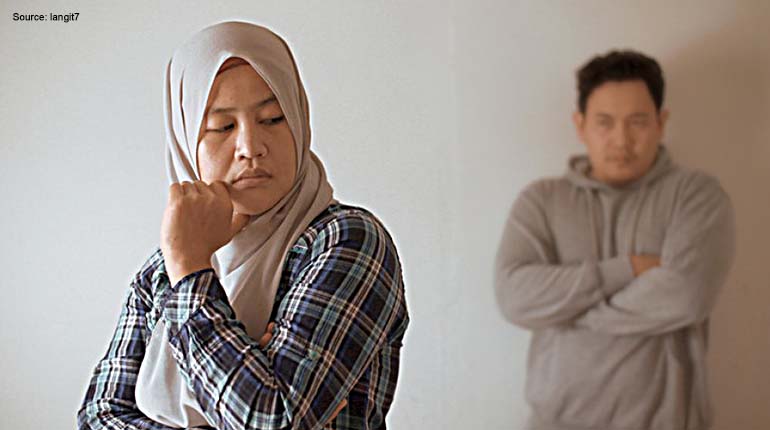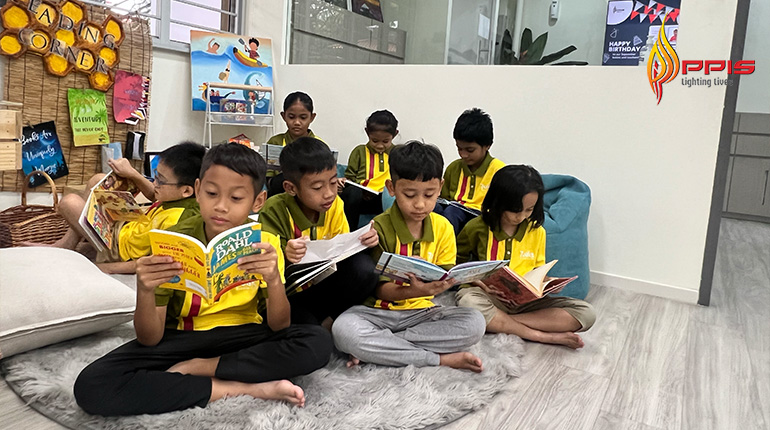Family Therapy Tips: What To Do When You’re Angry At Your Family Members
August 24, 2022
Family Therapy Tips: What To Do When You’re Angry At Your Family Members

As humans, it is only natural for us to experience anger – a normal human emotion – when we are upset. While feeling anger is not inherently wrong, it can be overwhelming. This may cause us to lash out and say or do something hurtful. Such actions can impact our interpersonal relationships, leading to irreparable harm.
This problem is exacerbated when it applies to our relationships with our family. Though it is natural for families to argue occasionally, the reconciliation aspect is crucial to mend any wounds.
However, a compromise may not always be possible when an argument gets too intense. And the last thing we want is to hurt our family members. If you find yourself having a disagreement with your loved ones, here are the dos and don’ts to keep in mind to avoid tarnishing your close bonds.
Do seek to understand why you are angry with your loved ones

Whatever the reason for your anger, it is vital to understand its root cause. Are you mad because of something your loved one said? Or are you upset at something else and taking it out on your family member?
During our family therapy sessions, we begin to explore underlying issues which may contribute to the outbursts of anger. We would encourage participants to begin to notice their state of mind and emotions, as well as the thoughts and assumptions that they may have about the situation they are in. Taking responsibility for our own thoughts and emotions would be a crucial step to inviting other family members to work collaboratively to resolve the issues together.
Do seek forgiveness from each other

Despite our best efforts, there are occasions when we can get into a heated disagreement. Our pride may get in the way, preventing a reconciliation from happening. However, regardless of who initiated the argument, both parties may want to come together to acknowledge the role they have played in the hurt caused, and seek to forgive each other.
Some of the most helpful advice we share with families during family therapy is to always leave room for grace and humility and accept each other’s imperfections. An argument is temporary, but kinship is ever-lasting.
Don’t play the blame game

It is tempting to play the blame game when a disagreement escalates – and unfortunately, this is a common sight in many family quarrels. But have you considered the impact these blaming statements can have on your loved ones?
Phrasing your statements with “you”, such as, “You ruined…” or “You made me…”, often triggers the other party. Rather than getting your loved ones to reflect on their actions, your words only serve to intensify the argument.
Instead, why not consider using “I” statements, like, “I feel frustrated when…” or “I need…”? Family therapy sessions often emphasise expressing how one feels to their loved ones, and these statements allow you to do just that by placing the focus on you. By sharing your feelings, your loved ones will have an easier time empathising with you, paving the way for reconciliation.
Don’t resort to silent treatment

Source:langit7
We understand the need for couples to take some time apart to cool off after an argument. During our family therapy sessions, we remind couples to find moments to reconnect after being apart, something that we sometimes forget to do. Prolonged moments of disconnection/being apart or silent treatments may make it difficult for couples and families to regroup and tend to the issues at hand, In fact, extended silent treatment may cause more harm to the relationship.
Often, a simple apology or a hug can make a world of difference. No matter the approach, your loved ones will appreciate your effort in defusing the argument. Your action lets them know that you value their kinship and wish to repair the relationship.
It is common for loved ones to have disagreements with each other. We need to learn to identify signs of anger to be able to manage our emotions effectively. If you leave it unaddressed, your anger may become chronic, intense and problematic. Validating your anger is important in controlling your reactions and developing coping mechanisms. If you notice you are having frequent arguments with your family members, often with little to no resolution in the matter, you should consider attending family therapy.
At SYM Academy, we believe in strengthening familial ties and nurturing resilient families, as they are the foundation of a thriving society. Our family therapy centre in Singapore offers counselling and therapy services for families that face interpersonal relationship issues, family violence, child management, or parenting concerns. If you have experienced similar issues at home, do not hesitate to contact us today or visit us at https://ppis.sg/sym to speak to our experts.



